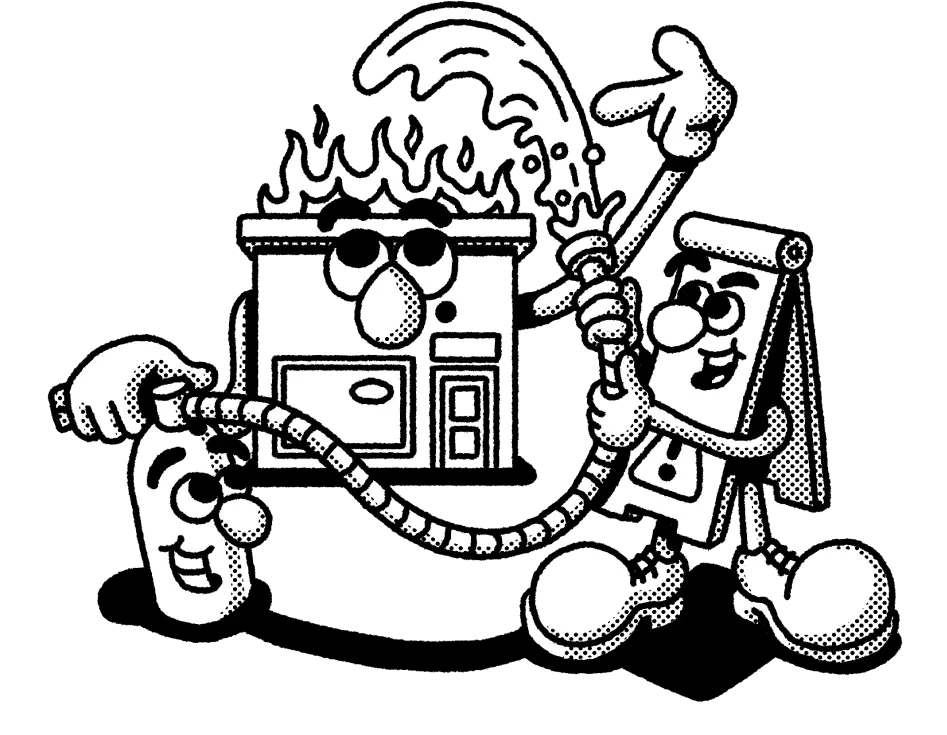Jump ahead to learn:
- Is Workers’ Compensation insurance required in Washington, D.C.?
- How does Workers’ Comp in Washington, D.C. work?
- Workers’ Comp benefits in the District of Columbia
- Washington D.C. Workers’ Comp death benefits
- What are Washington D.C. Workers’ Comp insurance rates?
- What if you don’t have Workers’ Compensation insurance in the District of Colombia?
- Who is exempt from Workers’ Compensation laws in Washington?
- How NEXT helps Washington D.C. small business owners
Is Workers’ Compensation insurance required in Washington D.C.?
In Washington D.C., employers with one or more employees are required to carry workers’ compensation insurance. The Workers’ Compensation Act applies to private employers, including homeowners who employ domestic workers for 240 hours or more during any calendar quarter in the current or preceding year.
Sole proprietors, partners, and limited liability company (LLC) members are generally exempt but can choose to purchase coverage. They must provide coverage for their employees.
Employers can apply for self-insurance but must get approval from the D.C. Department of Employment Services, Office of Workers’ Compensation (OWC).
How does Workers’ Comp in Washington, D.C. work?
The District of Columbia’s workers’ compensation program is a no-fault insurance system that provides benefits to workers injured on the job.
It can help cover:
- Medical expenses
- Lost wages
- Rehabilitation and physical therapy
- Retraining if you can no longer do your job
- Permanent injury
- Death benefits and survivor benefits
The system is no-fault, meaning employees don’t have to prove negligence to receive benefits. Generally, the benefits are an “exclusive remedy” for the injured employee — employees receive compensation faster, and employers are protected from job-related injury lawsuits.
The OWC handles workers’ compensation claims and benefits for private-sector employees. It mediates disputes, monitors employers, administers the Special/Second Injury Fund, approves lump-sum settlements, assesses penalties and monitors vocational rehabilitation.
Workers’ Comp benefits in the District of Columbia
Workers who are injured or become ill due to job-related tasks may be eligible for the following workers’ compensation benefits:
- Medical benefits: This may include medical care, including medical, surgical, hospital care, osteopathic, dental, podiatric, chiropractic treatment, prescribed medications, x-rays and wheelchairs.
- Temporary partial disability (TPD) benefits: Benefits are paid at 66 ⅔% of the average weekly wage (AWW) to a maximum weekly amount.
- Temporary total disability (TTD) benefits: Benefits are paid at 66 ⅔% of the annual weekly wage (AWW) to a maximum weekly amount.
- Permanent total disability benefits: Benefits may be paid at
- 66 2/3% of the AWW to a maximum weekly amount for the remainder of their lives.
- Permanent partial disability benefits: Benefits are based on a scheduled award and TPD or TTD to a weekly maximum amount.
- Disfigurement benefits: Serious disfigurement shall entitle the worker to a compensation award of up to $7,500.
- Vocational rehabilitation: Rehabilitation services for injured workers include counseling, evaluation, on-the-job training and skill development, with a weekly maintenance payment of $50.
If you hold a workers’ comp policy with NEXT, we strive to resolve every claim quickly. Learn more about our claims process and how our claims advocates will work with you after an employee’s work-related injury or illness.
Washington, D.C. Workers’ Comp death benefits
If an employee dies from a workplace injury or occupational disease, their surviving spouse, domestic partner, children and other dependents may be entitled to death benefits.
Dependents may receive 50% of the worker’s AWW to a maximum weekly amount. The employer or insurance carrier must also pay up to $5,000 for funeral expenses.
The employer will pay $5,000 into the Special Fund if there are no beneficiaries.







